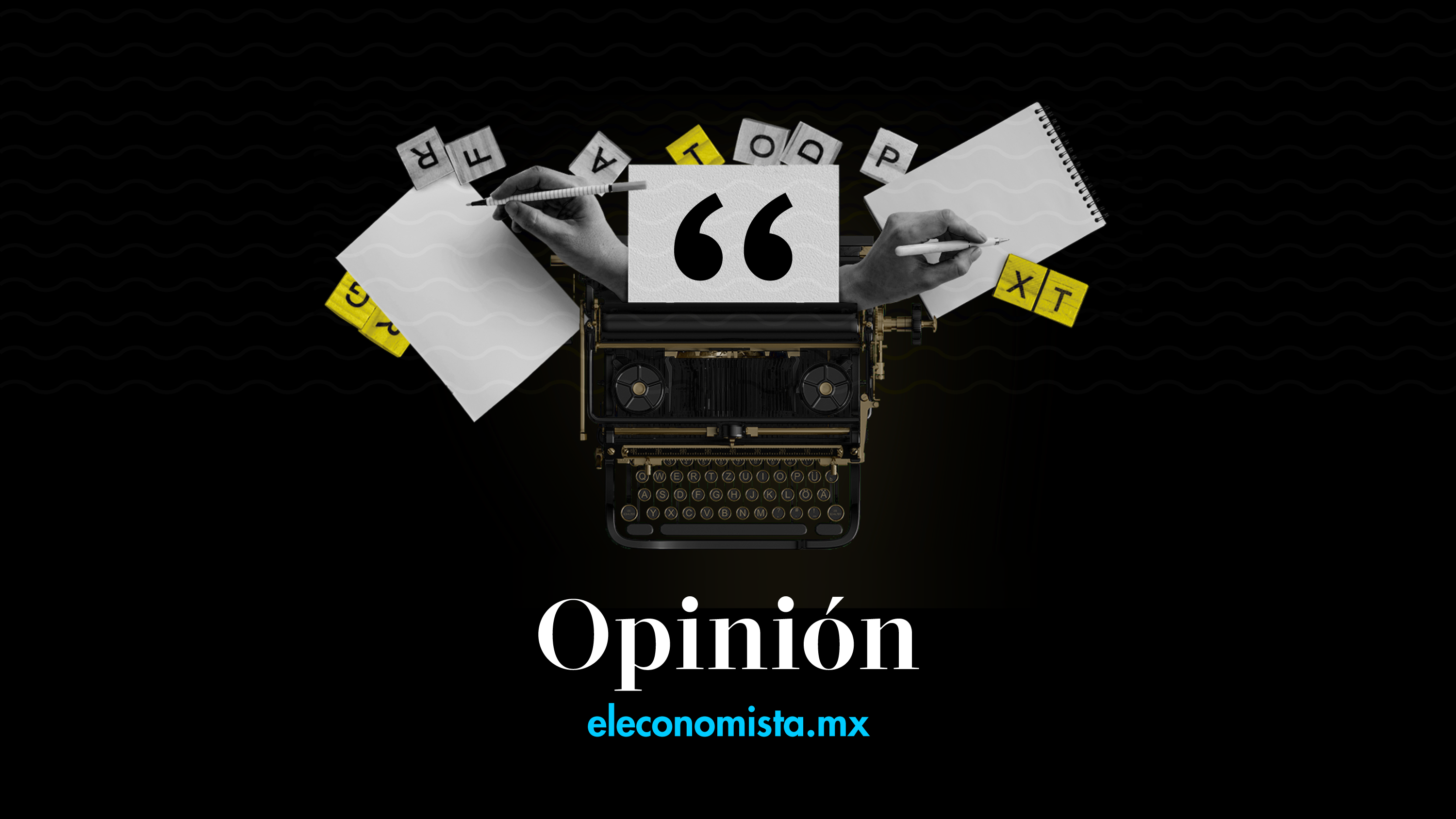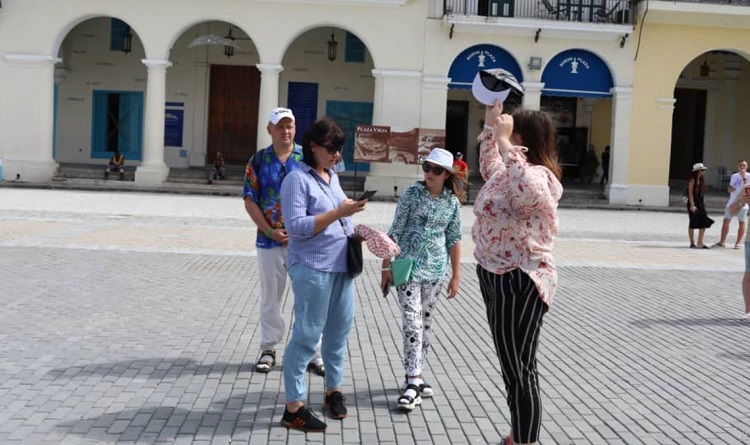Between 2015 and 2019, Mexican local governments lost one point of spending GDP, mainly due to the reduction in transfers, since their own tax revenues remained constant in the period.
The Inter-American Development Bank (IDB) and the Economic Commission for Latin America and the Caribbean (ECLAC) published a comparative study of the income and expenditure of local governments in Latin America. Interesting conclusions can be reached for the Mexican case when compared with countries of similar size and government institutions. On the one hand, the percentage of national programmable spending carried out by Mexican subnational entities is not very different from that of other large Latin American countries, such as Brazil, Argentina and Colombia, of around 40%, since all of them underwent decentralization processes in The last decades. Now, as public spending in Mexico is lower, local spending as a proportion of GDP is lower. It is also because the collection of own income is very low, in a region where little is collected at the local level. While the total income of the subnational governments in Mexico is 11.5% of the GDP, their own are only 1.8% of the product, while in Brazil the total income is 21.8% of the product, but their own are 13% of the GDP, In Argentina, locals spend 20% of GDP income, with 9% of their own product. This is around 84% of local revenues in Mexico, which are actually federal transfers, when in Brazil they are 64% and in Argentina 55%. In the comparison with Latin America and the Caribbean, it is clear that in Mexico the great area of opportunity to increase local public revenue is the property tax, a tribute that practically any country in the region collects several times more in terms of GDP. , compared to ours.
Between 2015 and 2019, Mexican local governments lost one point of spending GDP, mainly due to the reduction in transfers, since their own tax revenues remained constant in the period. This is the result of the reduction in transfers by agreement of the federal government and those made on a discretionary basis by the Chamber of Deputies. That is, states and municipalities face the challenge of increasing their own taxes due to the reduction of federal resources within their reach, which will be accentuated this year, due to the fact that the IEPS for gasoline will be negative.
On the other hand, in Mexico the subnational debt decreased from 3.1% of GDP to 2.4% between 2015 and 2019. In reality, except for exceptions such as Argentina, the subnational debt in the region did not increase, due to new financial discipline legislation, but Among the large countries, only in the cases of Mexico and Brazil did the debt actually go down. If local governments took measures to strengthen their local revenues, they would have room to finance infrastructure projects with debt in the short term, which would help economic reactivation processes.
Another interesting fact is that in the large countries of the region, such as Mexico, Brazil or Argentina, more than 80% of the population lives in cities with more than 500,000 inhabitants. That is why it is necessary to strengthen the instruments that capture in cities part of the capital gains generated by public works, changes in land use and construction rights that increase potential, as well as by increases in property values for finance the development of urban centers.
As we see, it is essential to rethink fiscal policy and the collection scheme in Mexico to strengthen our economy from the municipality.
Twitter: @vidallerenas
Political
guest column
A graduate in Economics from the Autonomous Technological Institute of Mexico (ITAM), he has a Master’s degree in Public Policy and Management from the University of Essex, United Kingdom, and a Ph.D. in Public Administration and Management from the University of York.















